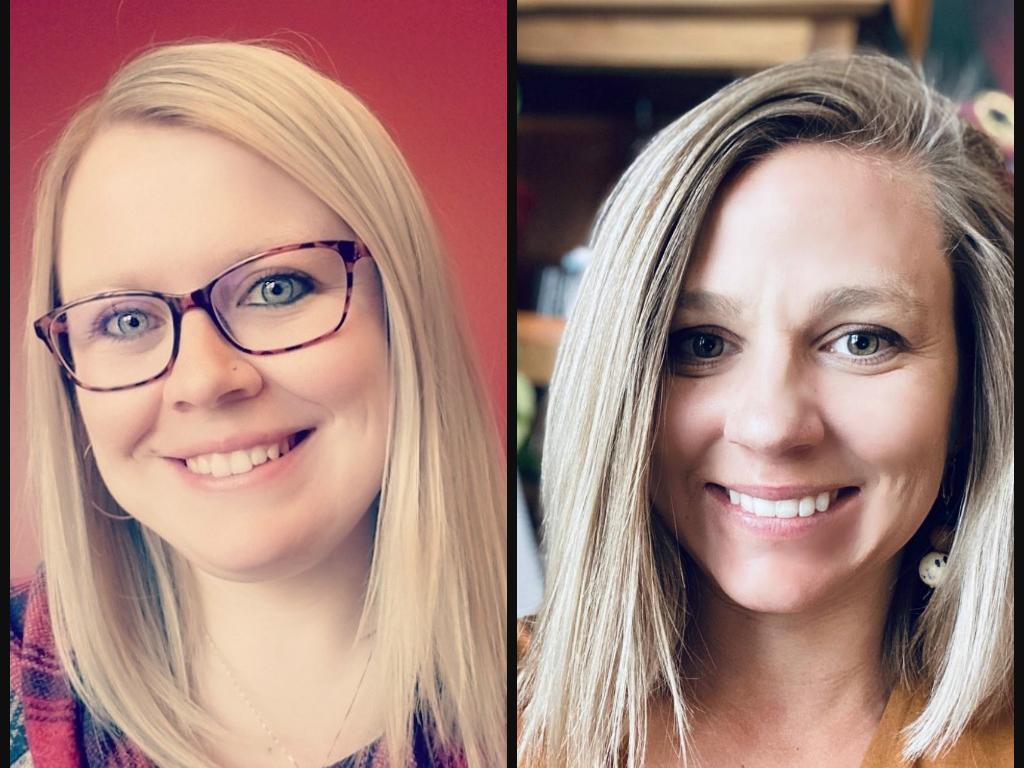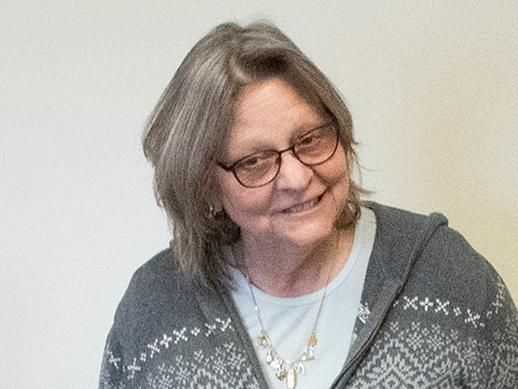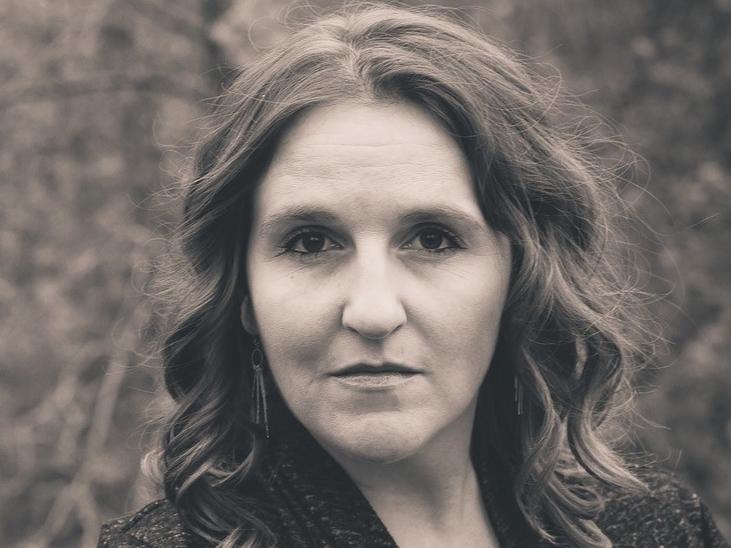Of the thousands of students to graduate from Viterbo over the years, only 11 can claim to have earned bachelor’s, master’s, and doctoral degrees. Tara (Bussewitz) Allert ’16, ’18, ’21 is one of them, and she is putting her training to good use, helping middle and high school students manage mental health issues and training Viterbo’s next wave of counselors.
When she graduated from Mosinee High School, Allert already had two years of experience as a certified nursing assistant, mainly in the area of hospice and palliative care. In that role, she got to know patients and families well and relished the chance to build relationships with the people she helped.
She was attracted to Viterbo by the quality of its nursing program and began her time here planning on preparing for a career as a nurse. She soon realized that counseling was a better fit for her and switched her major to substance abuse counseling.
“I felt like I wasn’t going to have the opportunity for the same kind of personal connections working as a nurse,” Allert said. “It’s so rewarding getting to know a person and coming alongside that person, whatever stage of the journey they’re at, and being a part of wherever they need to go next.”
After earning her bachelor’s degree in 2016, Allert started working on her master’s degree in mental health counseling at the urging of Viterbo Professor Bill Bakalars, one of Allert’s important mentors during her undergraduate studies.
“I have had extremely influential mentors during my time at Viterbo, leading to many other opportunities and connections,” Allert said. “I believe the most beneficial thing I did as an undergraduate, but even more so as a graduate student, was to find great mentors.”
After completing her master’s degree in December 2018, Allert began working on her doctoral degree in counselor education and supervision—then a brand-new program at Viterbo—completing her EdD work in 2021.
Even before completing her doctoral degree, Allert began teaching at Viterbo as an adjunct instructor in the mental health counseling graduate program and undergraduate psychology program. She continues to teach at Viterbo, even while working full time and raising three children with her husband, Zeb Allert ’05, a management and marketing graduate.
After three years in private practice, Allert began working at Gundersen Health System in as a school-based licensed professional counselor in the Student Family Assistance Program (SFAP), a partnership between Gundersen Health System and the La Crosse School District.
SFAP, funded by the Project AWARE grant, puts two mental health therapists in the schools, with Allert covering middle and high schools. Through the program, she offers free short-term mental health support and interventions for students and families. “It is a fantastic opportunity for early intervention or to bridge to longer term support, and it helps to reduce barriers that students or families may face attempting to connect with other community resources,” she said.
Allert has worked to help people with mental health crises in previous roles with La Crosse County, but SFAP focuses more on prevention and early intervention. A large part of the work is supporting students in developing coping skills to assist with managing concerns such as anxiety, depression, and peer conflict.
Youth mental health concerns have been on the rise for years. Studies show the average teen logs nine hours of screen time per day, often at the cost of activities that would mean better mental health, such as sleep, physical activity, good nutrition, and personal interaction. The pandemic has exacerbated these concerns. “There definitely appear to be greater needs now,” Allert said. “Social emotional skills suffered as much during the pandemic as academic skills.”
Allert’s direct contact with students is one of three parts to the SFAP. “The second portion of my role in SFAP is providing consultation and professional development opportunities to school district staff, and the third role is supporting parent education and community outreach,” she said.
The funding made available for SFAP to address mental health issues among the youth population is cause for optimism, but Allert sees a long path ahead that will require ongoing innovation and comprehensive approaches.
“I believe that partnerships such as SFAP definitely does provide some hopefulness, and I very much see that educators and school staff in our community are committed to supporting student mental health,” Allert said. “But it has to be a community effort. It can’t just fall on one or a few systems.”






